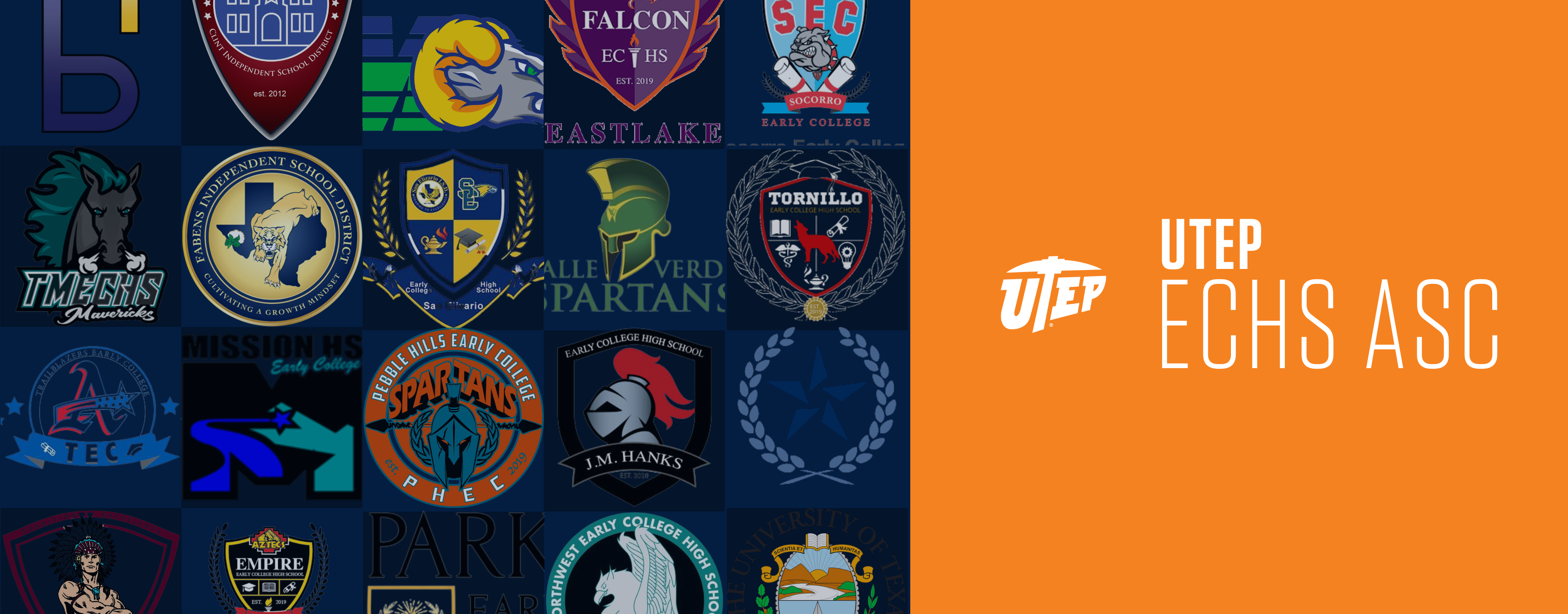Welcome!
Jobs for the Future Highlights
Early College: Progress and Discontents
JOEL VARGAS
As I reflect on another annual celebration of Early College Week, I continue to be elated by and grateful for the work of early college educators who support so many students in earning postsecondary degrees and credentials they otherwise would not have. I’m also discontent that it isn’t the norm for high schools despite continued interest and investment in adopting this kind of future momentum for all students. At Jobs for the Future (JFF), we haven’t given up on changing this, and we continue to champion ideas such as the Big Blur, which would erase the lines between high school and college, to help reimagine education systems.
Advancing Access and Digital Equity: Challenges and Solutions
The DRAW Team
Digital access is key to advancing digital inclusion and equity for all learners. Persistent gaps in access to devices and connectivity, and in opportunities to develop digital skills, exacerbate existing disparities in educational attainment and income and have a disproportionate impact on Black individuals and other people of color. Around 71 percent of people who have less than a high school diploma use the internet, compared with 84 percent of high school graduates and 98 percent of those who have some college education. People with lower incomes and formal educational levels are significantly less likely to have broadband access at home and are much more likely to rely on smartphones for internet access.
Dual Enrollment for Students from Special Populations
SARAH HOOKER, WITH SAM FINN, DEREK NIÑO, AND ALICE RICE
Interest in dual enrollment is rising in California and nationwide, but students from special populations—including English learners, students with disabilities, foster youth, and young people experiencing homelessness—are too often left on the sidelines. This report explores promising practices and recommendations for designing dual enrollment with the assets and needs of these students at the center.
Early College High School is Changing Students' Lives and Futures in Lawrence, Massachusetts
NANCY HOFFMAN, JOANNA MAWHINNEY, AND ANNA O'CONNOR
Hundreds of students at Lawrence High School in Massachusetts are getting a head start on their college careers, thanks to an innovative model that helps students prepare for and earn college degrees while in high school.
Strategies to Support Young Men of Color in Early College High Schools
NANCY HOFFMAN, WITH JOANNA MAWHINNEY, ANNA O'CONNOR, GREGORY SEATON
Early college high schools are powerful instruments for success for students, especially young men of color. This report outlines strategies to remove systemic barriers to their engagement and provides examples of successful and emerging practices that support all youth in preparing for their future careers through early college programs.







